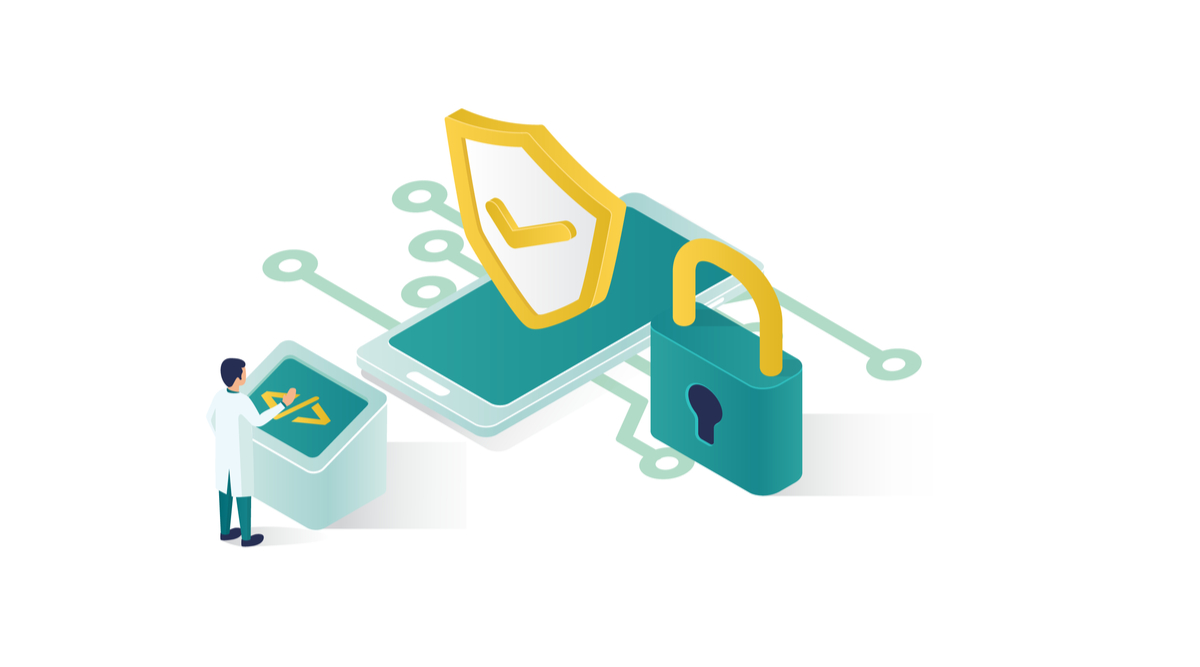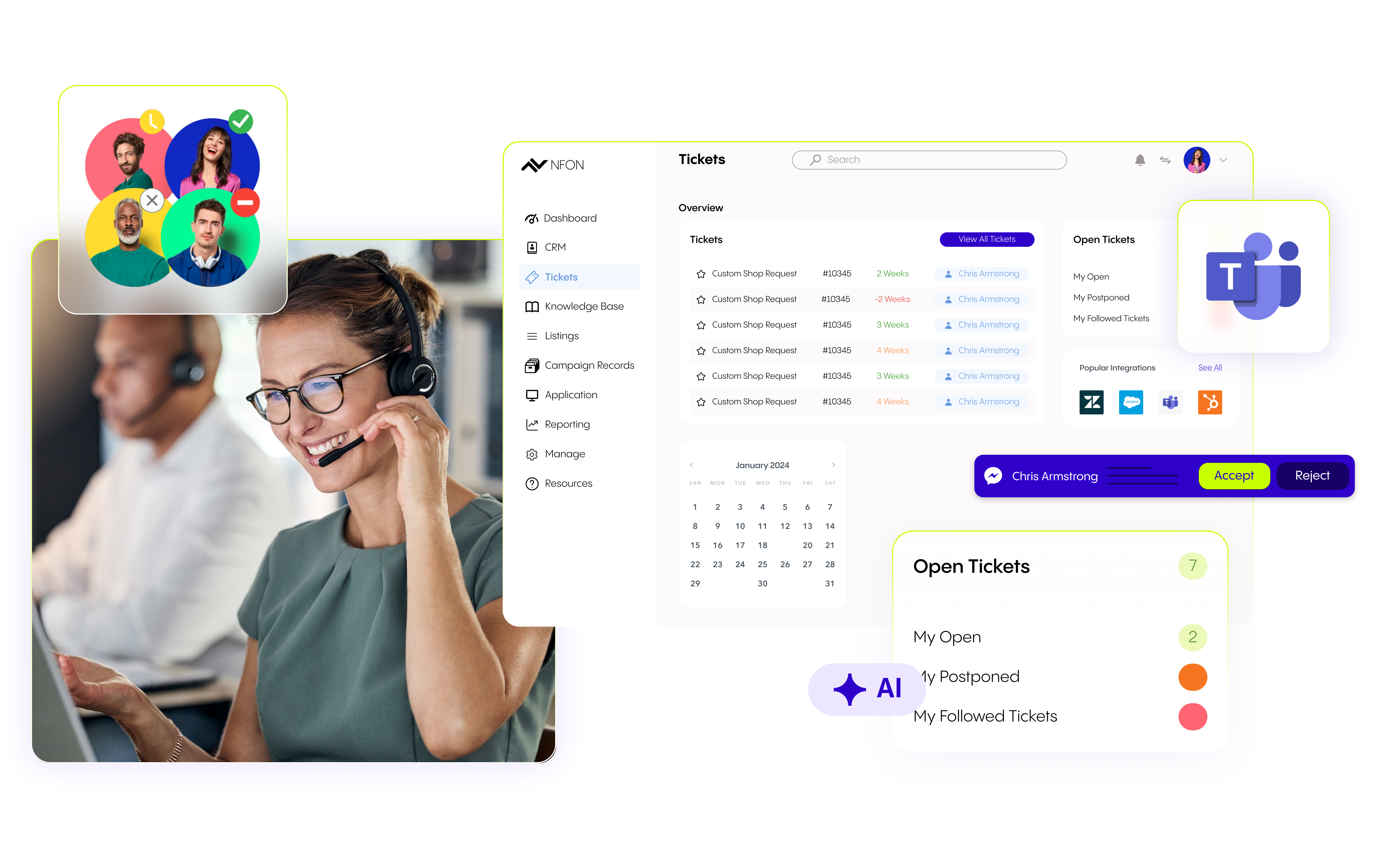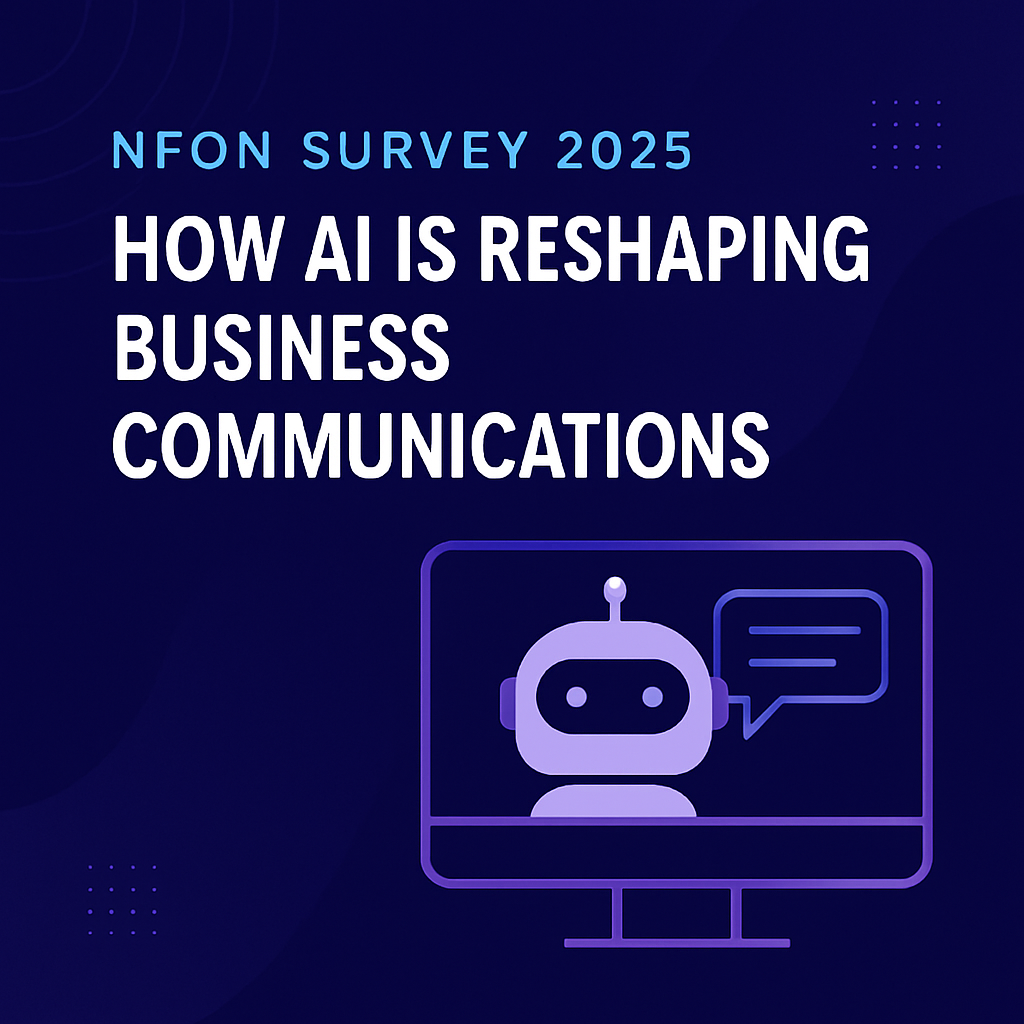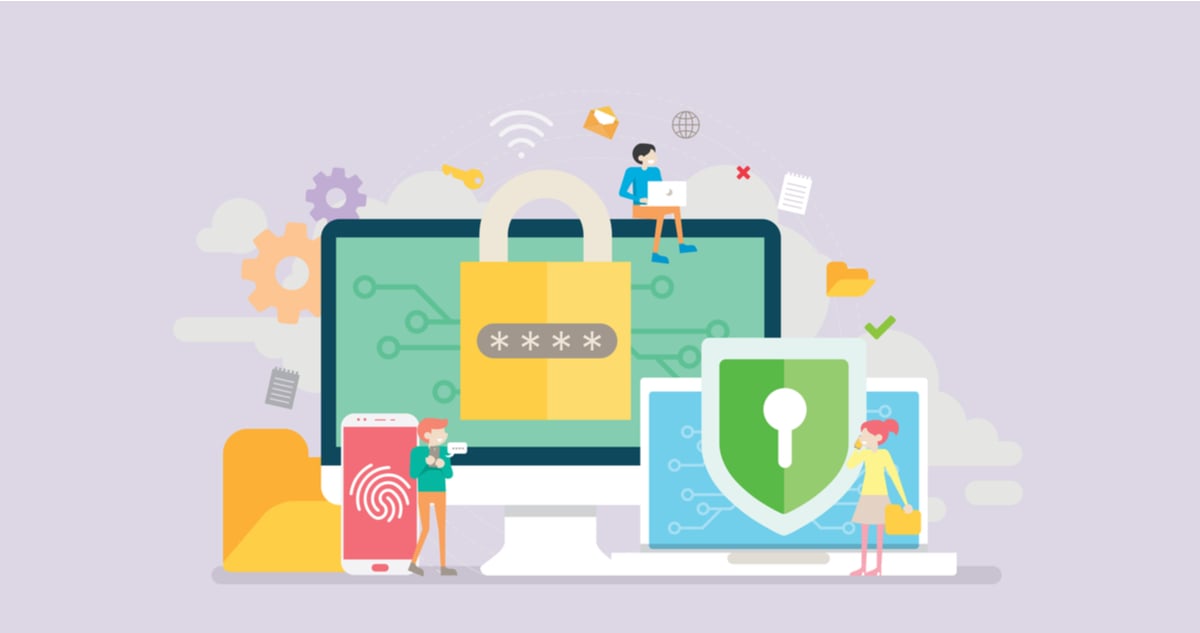As we enter the world of hybrid working, the average business requires more capable and robust communications systems than before.
Ultimately though, a phone system can only be as good as its security measures.
Your phone system might boost your bottom line by reducing bills, opening up new internal efficiencies, and facilitating more flexible modes of working, but all of these benefits can quickly be undone by an external attack on your data, or a hefty fine for noncompliance.
Businesses looking to make the switch to VoIP need to know the qualities of a secure phone system. And the qualities of a provider that they can trust.
Here are 5 vital things you should look out for when making your purchase decision...
1. 2-factor hardware authentication (2FA)
One of the great benefits of many VoIP phones is that new users can be set up almost instantly, with simple ‘plug and play’ functionality.
But this can present a major security risk.
For example, if someone is able to introduce a malicious USB stick into the system, they can then access, steal or manipulate potentially critical business data.
A secure VoIP system can prevent this by requiring two-factor authentication (also known as 2FA) for all newly connected hardware devices.
This demands that users enter a one-time authentication PIN when commissioning a new phone, preventing such attacks and increasing the level of security for all.
2. Layers of voice encryption
End-to-end encryption refers to the practice of making sensitive data unintelligible to those who are not authorised to access it.
VoIP phones work by converting voice inputs into millions of data packets, which are then rapidly sent to the recipient over the internet.
This makes for a much faster and clearer connection than a legacy phone system, but can also open up new data security risks if not accounted for.
A trustworthy VoIP phone system will ensure all data and calls are encrypted, and therefore protected against external threats.
The Secure Real Time Transport Protocol (SRTP) standard is a sign of a trustworthy VoIP system and service provider.
The SRTP is a technical process for the encrypted transfer of multimedia data - such as speech and voice data - which guarantees eavesdrop-secure transfer between multiple participants.
Check out our complete guide to Data Security for Business Telephone Systems
3. A ‘three nines’ guarantee
Securing your business communications means preventing network downtime - the temporary loss of access to your data and systems - at all costs.
A reliable VoIP service provider will include what is often known as a ‘three nines’ guarantee in their Service Level Agreement.
In short, a ‘three nines’ guarantee is a commitment to providing 99.9% uptime or better, offering significant reduction of the business risks of communications downtime.
If your phone system comes with this guarantee, you can rest assured that your provider will be fully devoted to keeping your communications data secure, and maintaining high levels of performance no matter what happens.
4. Highly secure data centres
Unless you choose to retain ownership of your phone systems and store your IP hardware in house, your communications systems and data will be stored and managed off site by your service provider, at a secure data centre.
External data centres add multiple lines of defence to your business communications - including robust failsafe procedures, on-site data security professionals, and the highest levels of data storage compliance.
The Telecommunications Infrastructure Standards for Data Centres (TIA-942-A) lays out four different tiers of data centre security standards, with Tier 4 being the most secure.
If your IP telephony service is supported by a service provider with a Tier 4 data centre, you know your VoIP service is as secure as possible.
5. Geo-redundant infrastructure
If your telephone service is built on a geo-redundant infrastructure, that means it is operated from several data centres spanning several different locations.
In terms of security, the main benefit of this is that it keeps your communications running through pretty much any eventuality - whether it’s a power cut, a fire, an earthquake, or some other extreme circumstance that could cause an outage at your data centre.
Geo redundancy means that in the event that a data centre does go down, the data and service you receive can immediately connect to a backup centre.
This serves to safeguard your business communications from almost any risk, ensuring your performance, connectivity, applications, and data remain unaffected.
5 qualities of a secure VoIP phone you can trust: Key takeaways
It’s important to remember that as far as cloud-based telephony is concerned, a system can only be as good as its defenses.
Opting for a VoIP phone system with leading edge security capabilities will protect your vital business assets and prevent the potentially fatal ramifications of your data or systems being compromised by external threats.
Here are 5 things to look for when assessing the security levels of a VoIP system - if it has these, you can be assured that they will keep your communications data safe:
- 2-factor hardware authentication
- Layers of voice and media encryption
- A five nines uptime guarantee
- Highly secure data centres
- Geo redundant infrastructure









